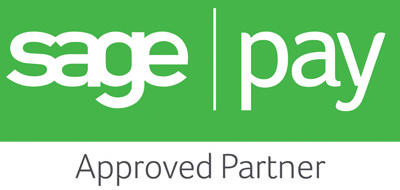Link Strategies For Natural Language Search
A solid link building strategy focuses on both external and internal links. External links are those that direct users to (or come in from) other websites, while internal links are ones which send a user on a journey around your site. Both types are useful for SEO but today's angle is how natural language search can be supported by a solid link strategy which uses both types.
We recently wrote about natural language search, so if you're not familiar with the topic head over to find out about how natural language search is changing the way we optimise online content. This link is a great example of part of an internal link strategy for natural search. By linking the key text people might search for we are showing search engines that not only do we have this piece of content about that topic, we also have more relevant content on the same theme. This shows we have Expertise and Authoritativeness (part of the Expertise, Authoritativeness, Trustworthiness EAT criteria that Google uses).
By linking between these two bits of content, and then out to other relevant content (perhaps about how SEO is changing due to the rise of voice activated search or about link building strategies in general) we start to build a hub of connected, relevant content that Google will see as a useful resource, and which our website visitors will find equally useful. As visitors spend more time on our site learning they'll recognise our value – to use Google's terms, our Expertise, Authoritativeness and Trustworthiness.
A quick content and internal link audit is worth conducting in order to check you're using the best link target text for the content you're directing to – keywords are a great start but if you can include some contextual words in the link text this boosts the natural language search properties of that link. You may need to tweak sentences in your existing content to achieve this, but it is worth spending some time on.
External links can help with natural language SEO too. While we don't want to send our website visitors to a competitor, we might provide links to useful bits of educational content, or newsworthy articles published elsewhere online. The BBC website, for example, has lots of useful and relevant content about AI and natural language search that readers of our blog might find useful. If they leave our site (even in a new tab) to read this, they aren't going to purchase marketing services from the BBC so all we are doing is adding value to their research journey, not losing them to a competitor.
If you have a solid base of content and a good professional network, leverage both to get influential bloggers and industry figures to link to your content. Sharing content on your own personal social media or blog pages is also very worthwhile – each link into your site carries some kudos from the linking source over to you. Quality is key here as there's no benefit to incoming links from sites that aren't themselves viewed as meeting the EAT criteria.
As natural language search becomes the way many people conduct their search queries it's important that online content is optimised to reach these people, as well as those who are still typing shorter keyword queries. A solid SEO strategy from Parua will address this mix for your industry and customer demographics.
